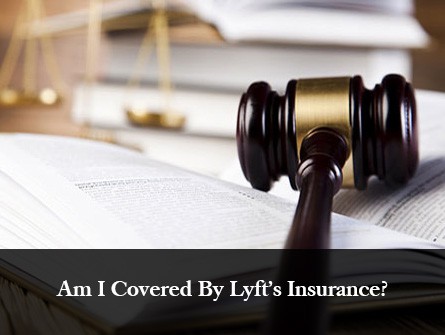Call Us For A Free Consultation
(954) 928-9880
Call Us For A Free Consultation
(954) 928-9880
Am I Covered By Lyft’s Insurance?

Regardless of whether a rideshare trip is long or short, it does not matter. An accident can happen anytime, anywhere. Your Lyft driver may be the safest driver around, but others also share the road, and sometimes, serious accidents occur and injuries are caused, even if all safety precautions are taken. The upside is that rideshare passengers are usually covered by either the at-fault driver, at-fault party, or the rideshare’s third-party insurance policy.
If a rideshare passenger gets involved in an accident while riding in a Lyft, the passenger might be covered under Lyft’s third-party insurance provider. Of course, that depends on the circumstances concerning the accident. Liability for injury and damages resulting from a rideshare accident could fall on the at-fault driver’s insurance company and not necessarily on Lyft. The at-fault driver could be the Lyft driver or another driver involved in the accident who’s responsible for causing the incident.
Much like Uber, Lyft provides up to $1 million in liability coverage per covered accident once the at-fault driver or party’s insurance is exhausted. If the at-fault party does not have car insurance or is underinsured, Lyft also extends uninsured/underinsured coverage to injured Lyft passengers.
If you were involved in an accident while riding in a Lyft, you should consult an experienced rideshare accident attorney to discuss your options for recovery.

